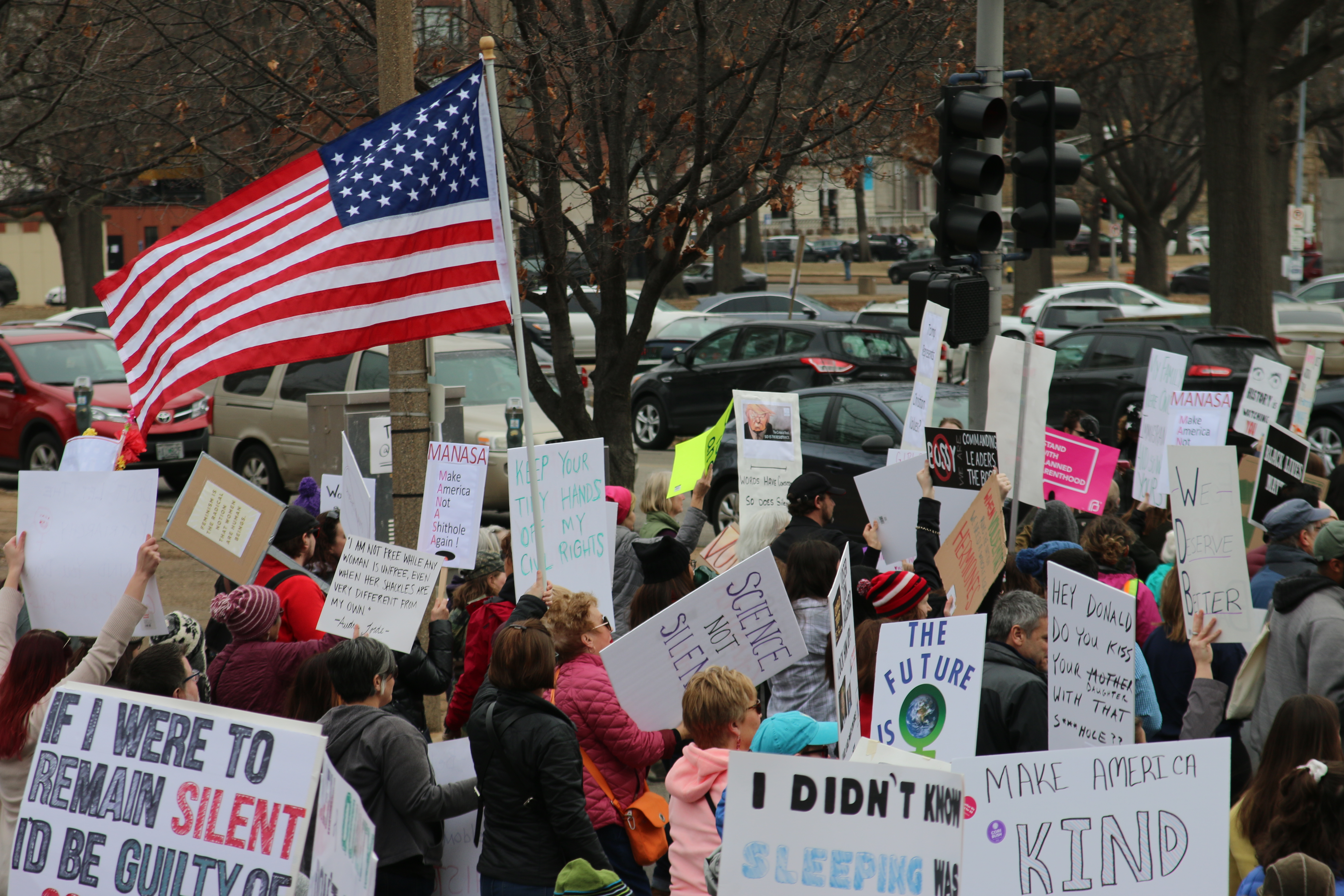Homelessness in America: Confronting the Stalemate
Every year with the coming of winter, new attention focuses on the problem of homelessness in America. This week’s photojournalism essay by The New York Times places American homelessness on par with some of the worst slums in the world. Even our president has called homelessness a “disgrace to our country.”
It is important to put the current visible challenges in American cities in the context of trends, the entire complex of homelessness (including rural), and current public policy. Read more














